Customer Stories | Epic Product Descriptions | Auto-Updating Copy | Automated Texts + Product Descriptions | GPT + RPA + DeepL | Multilingual Product Texts
Localizing Product Descriptions In Spite of Low Capacities? AKKUSYS Made It Happen!
Reading Time 8 mins | March 30, 2022 | Written by: Saim Alkan
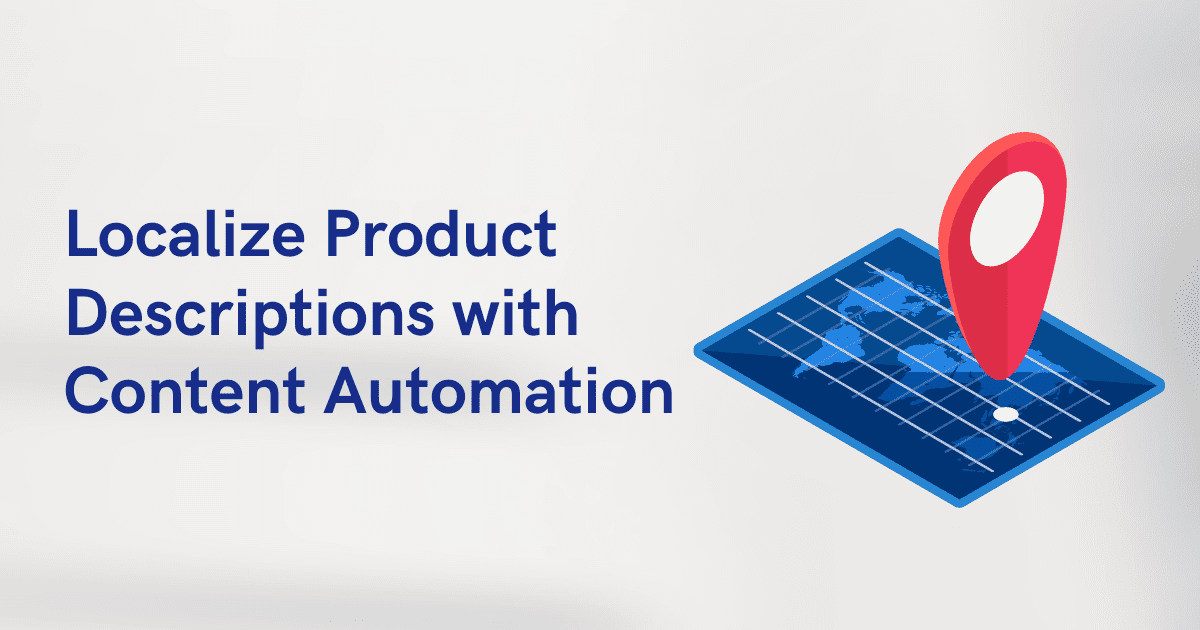
For international online stores, localization is a challenge on many levels. Differences in culture, communication and context must be taken into consideration in all e-commerce processes.
According to a study by ibi research, "International e-commerce opportunities and challenges from the retailer's point of view," one of the ten main reasons why e-commerce companies are reluctant to internationalize is the translation work involved in the offering.
This is understandable, as producing content in one language alone, for example unique product descriptions, can be a time-consuming and nerve-wracking mammoth task. Localizing the content - nearly impossible. Luckily, there are translation tools such as DeepL and others that make the pure translation task a lot easier these days. But do they really work in practice? And which options are still available? AKKUSYS Batterietechnik GmbH has tried different ways and found an optimal content translation and localization solution for itself. Let's take a closer look and see their experiences.
Low capacities in countries are forcing AKKUSYS to do some centralized translation work - the Learnings:
It is first worth taking a look at the corporate structure of the battery technology company. There are several online stores for battery technology operating under the company AKKUSYS, both for B2B and B2C, both in Germany but also internationally. The capacities for content creation, particularly in the international stores, are very limited. There is one central marketing department in Germany that controls and coordinates all the content creation work, with only a few local contacts in the various markets.
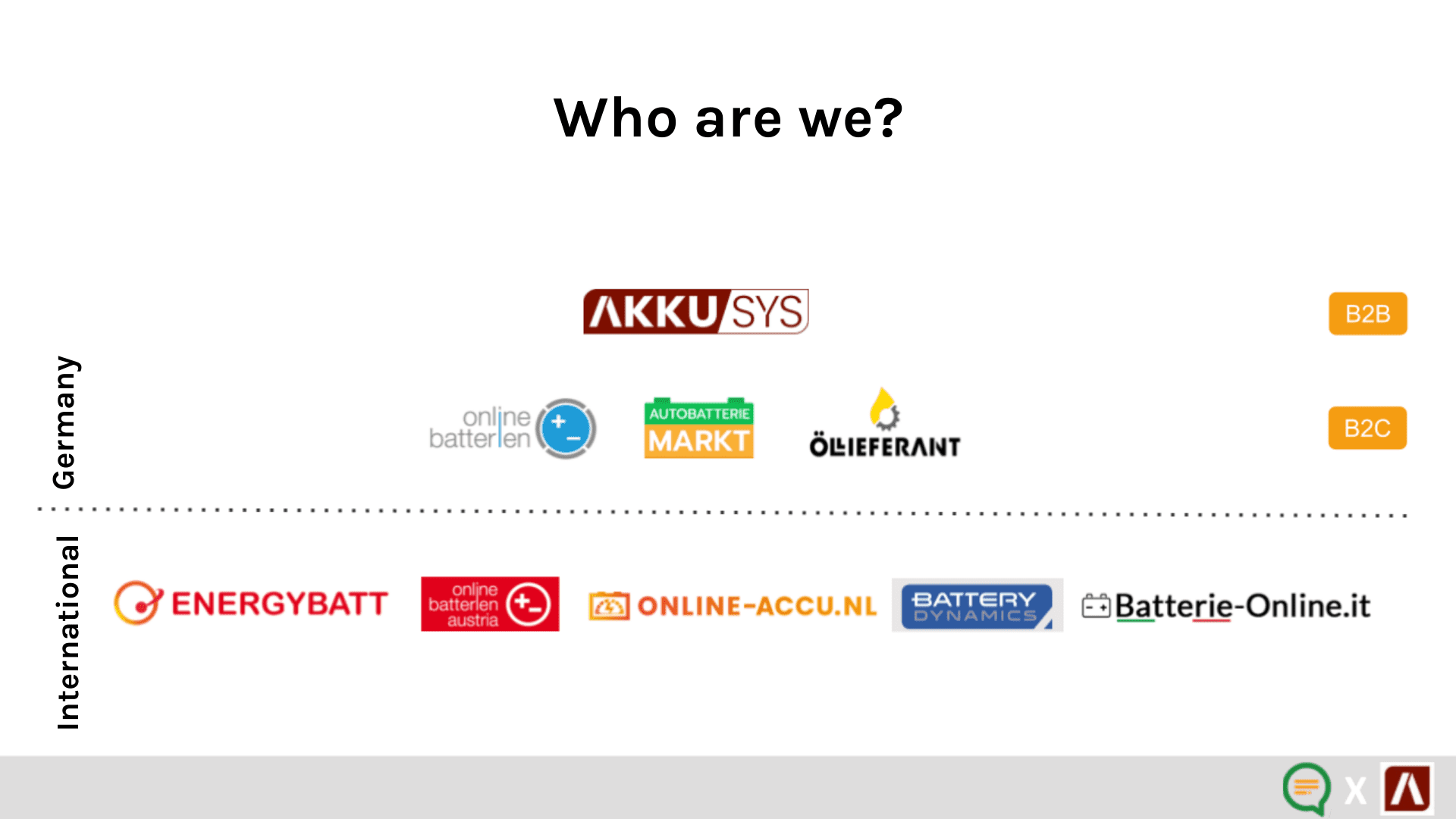
For creating the content in the store into the target language, AKKUSYS initially started using a DeepL plugin for Shopware. There, the texts are simply translated into the target language using DeepL and directly published on the respective store. This allowed the company to launch rapidly on the market in a new country. All in all, everything is great! Right?
Common translation errors with big impact make the DeepL plugin unusable
When taking a closer look, solely using the plugin proves to be useless. On one hand, DeepL translates, yet it does not localize. For instance, in Spain the car is called "coche", but in the Latin American market it is called "carro". These distinctions are not only relevant for the product description, but also for the keyword integration.
The same applies to local differences regarding handling and habits: While in the German market we can definitely promote a TV set as a home theater in the living room, Chileans shake their heads. The reason is that there, the TV is most likely located in the kitchen. These are minor, subtle differences between different markets, which however make a text either meaningful or meaningless.As the low local capacity at AKKUSYS made it impossible to have all content proofread by native speakers, the Marketing Department performed several sample checks. In the process, a number of serious errors were discovered, which are problems of the entire internationalization process. Apart from some funny mis-phrasing, there were some far-reaching mistranslations. An example is that the DeepL translation in Italian incorrectly turned the word "advantages" into the word "disadvantages." This mistake was noticed during a back-translation of the Italian text into German.
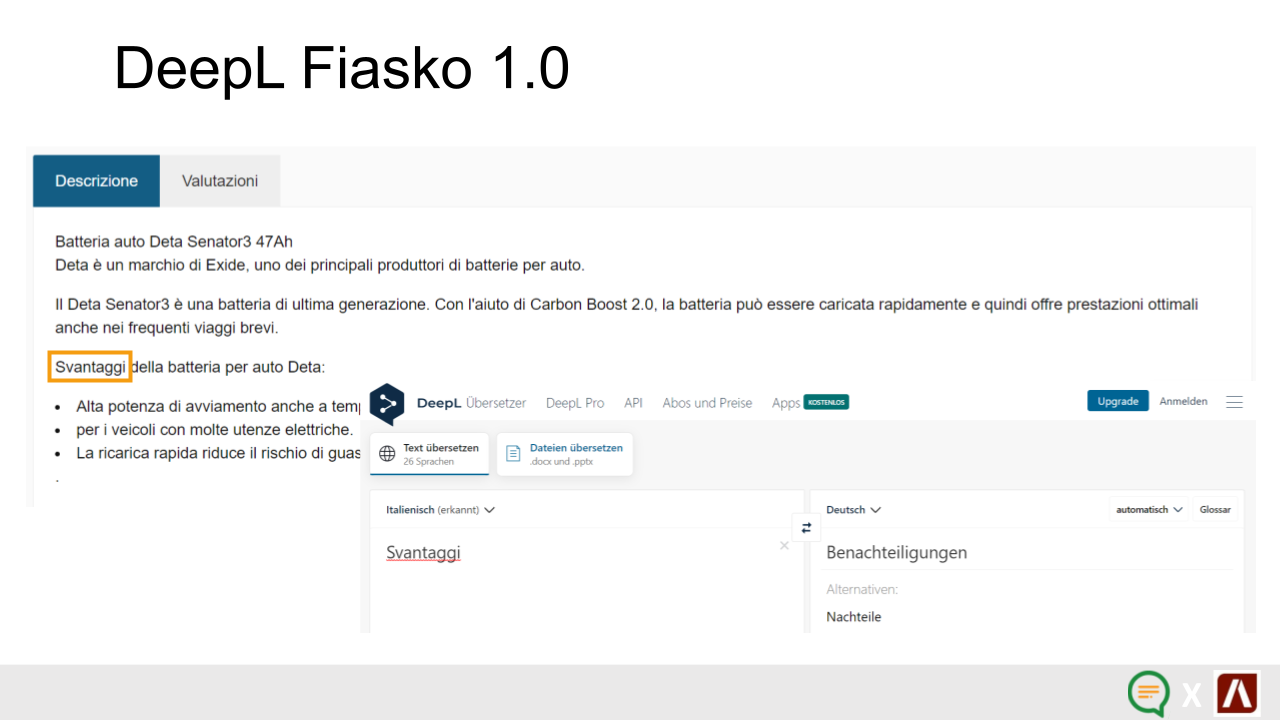
The international capacities are frequently limited not only at AKKUSYS. This situation is also familiar to other online stores. The issue that the quality assurance of a native speaker is not possible across all types of content is a common one. Moreover, sampling checks are often difficult to organize and can detect only a fraction of the errors. They only indicate the fact that the quality is essentially not satisfactory.
A second issue for AKKUSYS were internal links which still redirected to the German origin page. Therefore, in the Italian store, buyers are redirected to a German page. This is due to the fact that the links are taken over 1:1 from the original text of the DeepL plugin. This doesn't only confuse visitors, but even annoys them.
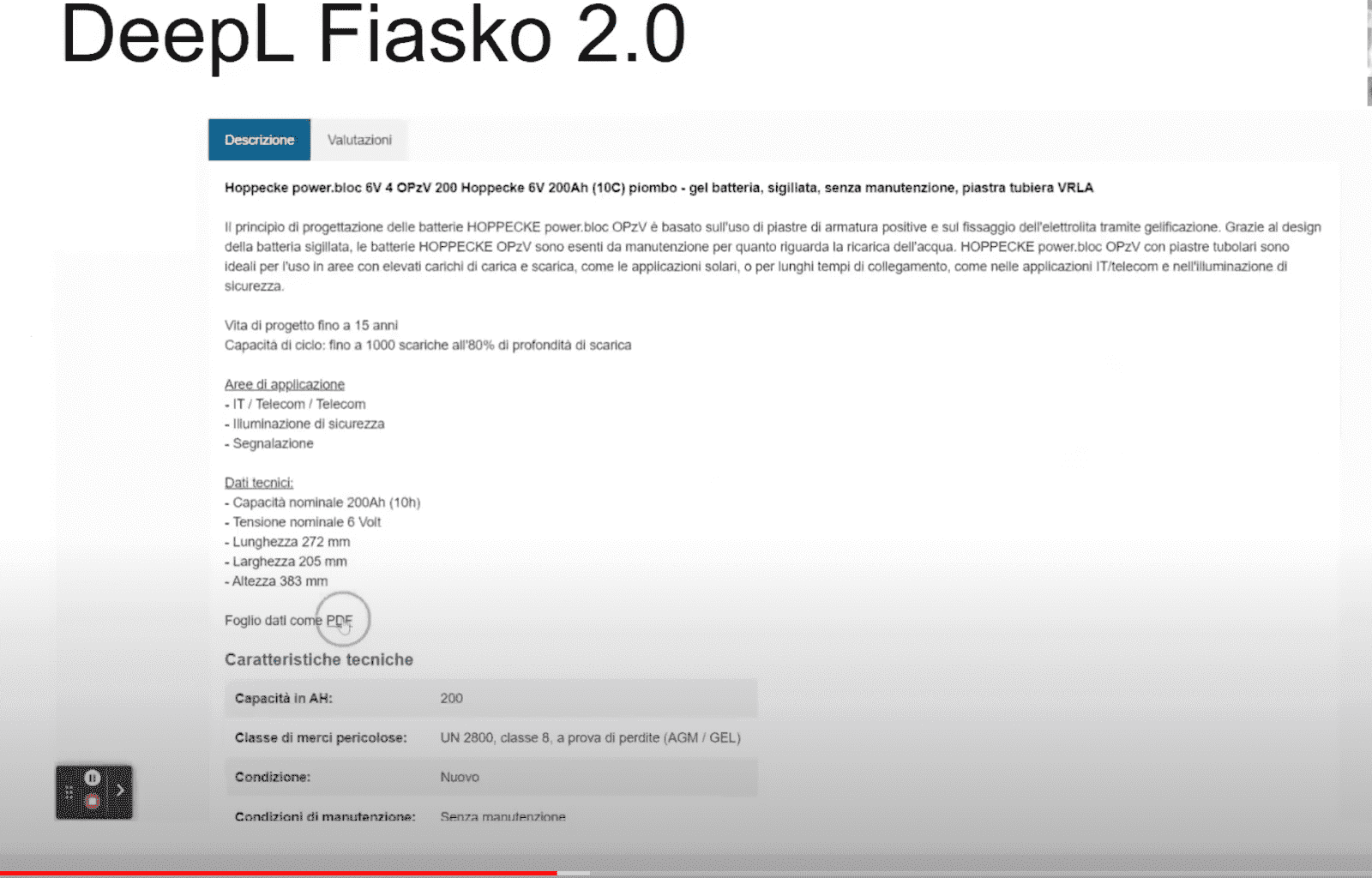
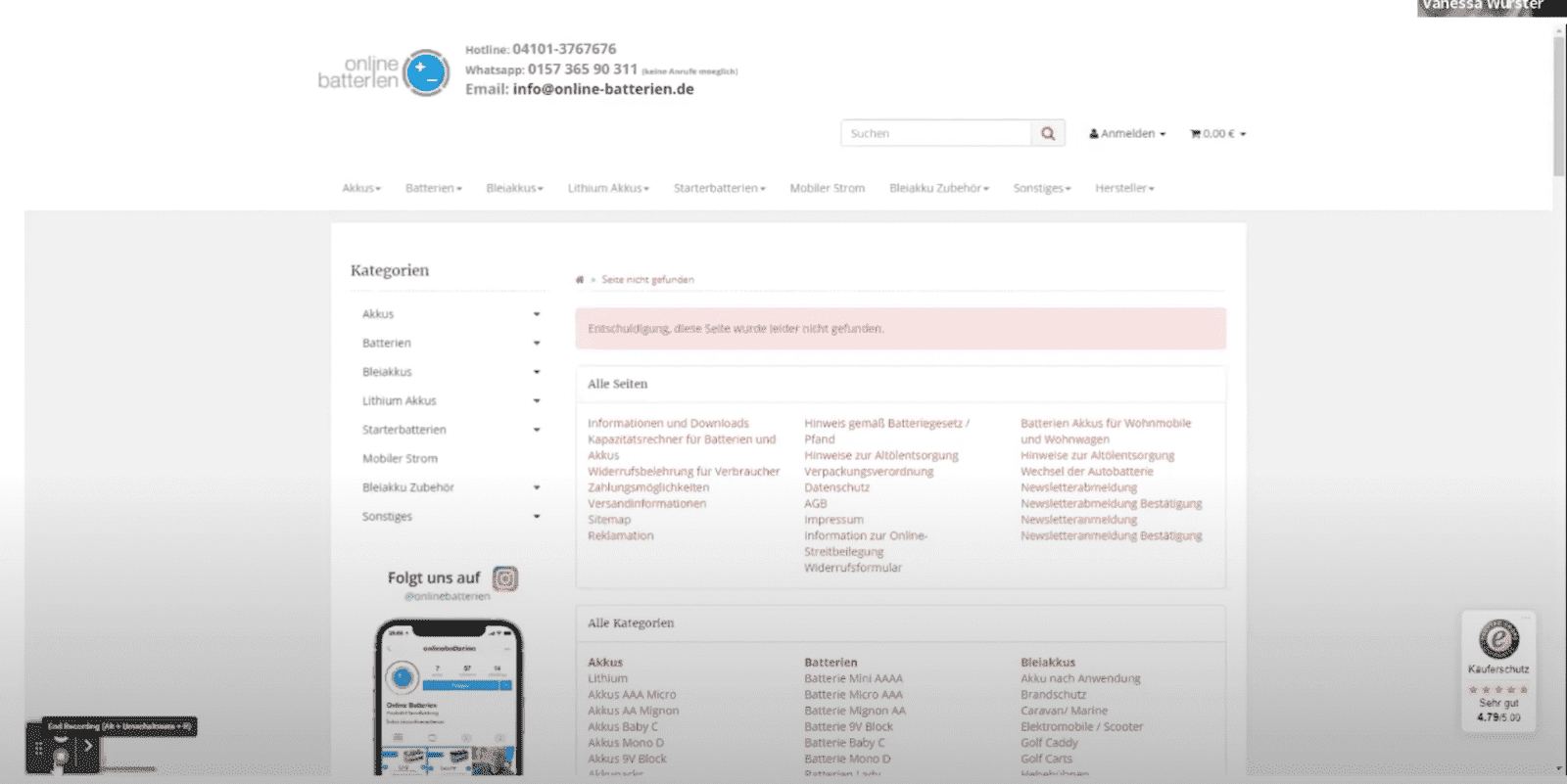
AKKUSYS finds a translation and localization solution - no more quality issues!
How exactly can we solve the problem? Provide more quality assurance in the countries through native speakers? It would mean increasing capacities in the countries. This is not an option for AKKUSYS - like probably for most stores entering international markets.
AX Semantics natural language generation tool makes it possible for AKKUSYS to establish a content localization process that includes quality assurance. And, at the same time, there are no more linking errors. Why? Well, the main difference is that a text concept is the source of the many texts. Therefore, translators or native speakers only need to translate the text concept rather than each individual text. In AKKUSYS' case, they have even translated the text concept with DeepL and then handed it over to their local contacts to proofread and localize. As a result, the country experts proofread a total of 154 sentences one time instead of 250 individual product descriptions. Consequently, content automation promotes low capacity use in each country. AKKUSYS has even succeeded in including two quality assurance cycles in the process.
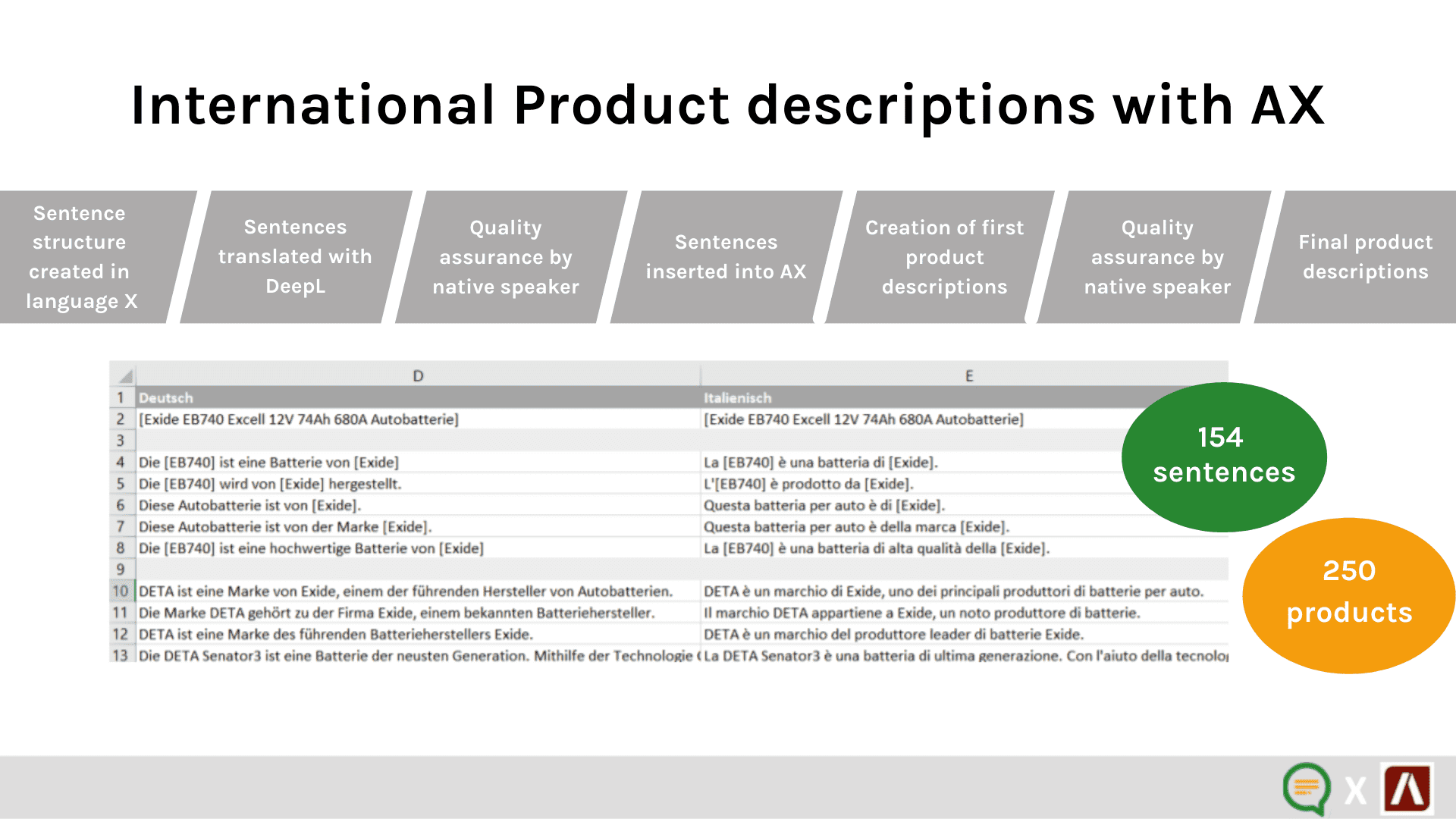
Is it worth investing in copywriting at all?
Store operators see product descriptions from two main points of view:
- Are they there to make an impression on search engines, i.e., to achieve better rankings, and/or.
- Do they provide added value for the reader and, at best, lead to a higher conversion.
It was clear to AKKUSYS that they also want to advise and convince the reader through their product descriptions. For this reason, they took a closer look at the content using common measurement methods and then compared the DeepL versions with AX Semantics versions. The Hotjar tool shows the interaction of the visitor on the page by tracking mouse movements. AKKUSYS observed a higher level of interaction with the page in 50% of the visitors for the content generated by AX Semantics. 40% showed no difference, while only 10% had less interaction.
In other words, content automation has brought the same or more interaction to 90% of the visitors. AKKUSYS also attributed these excellent results to AX Semantics incorporating formatting that is typical of the design and important for readers and search engines, e.g. subheadings and bullet lists. All formatting is lost with the DeepL plugin.
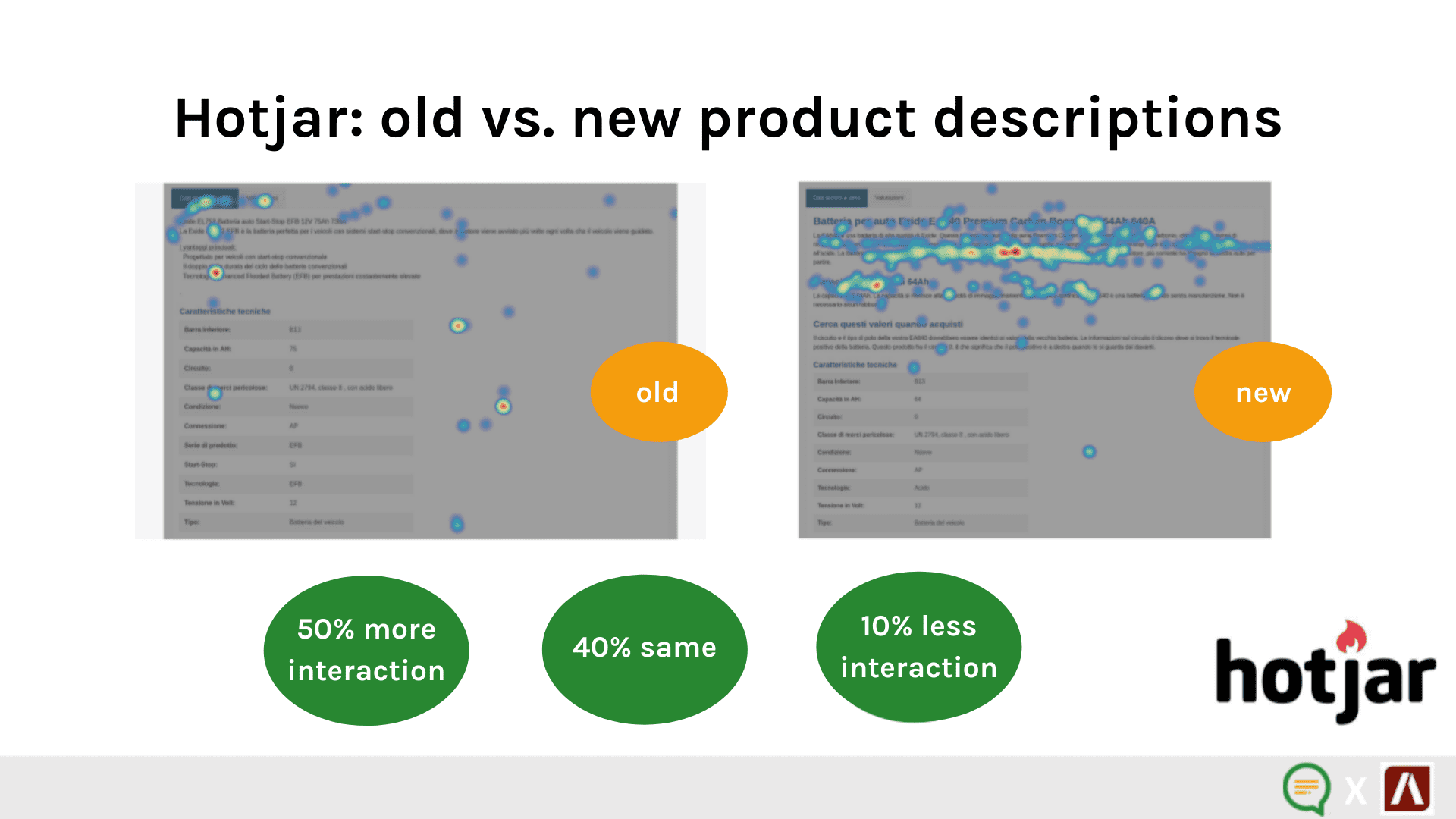
Furthermore, it was of course important for AKKUSYS to ensure that conversion does not suffer under automation. They were unable to identify any significant differences in an A/B test.
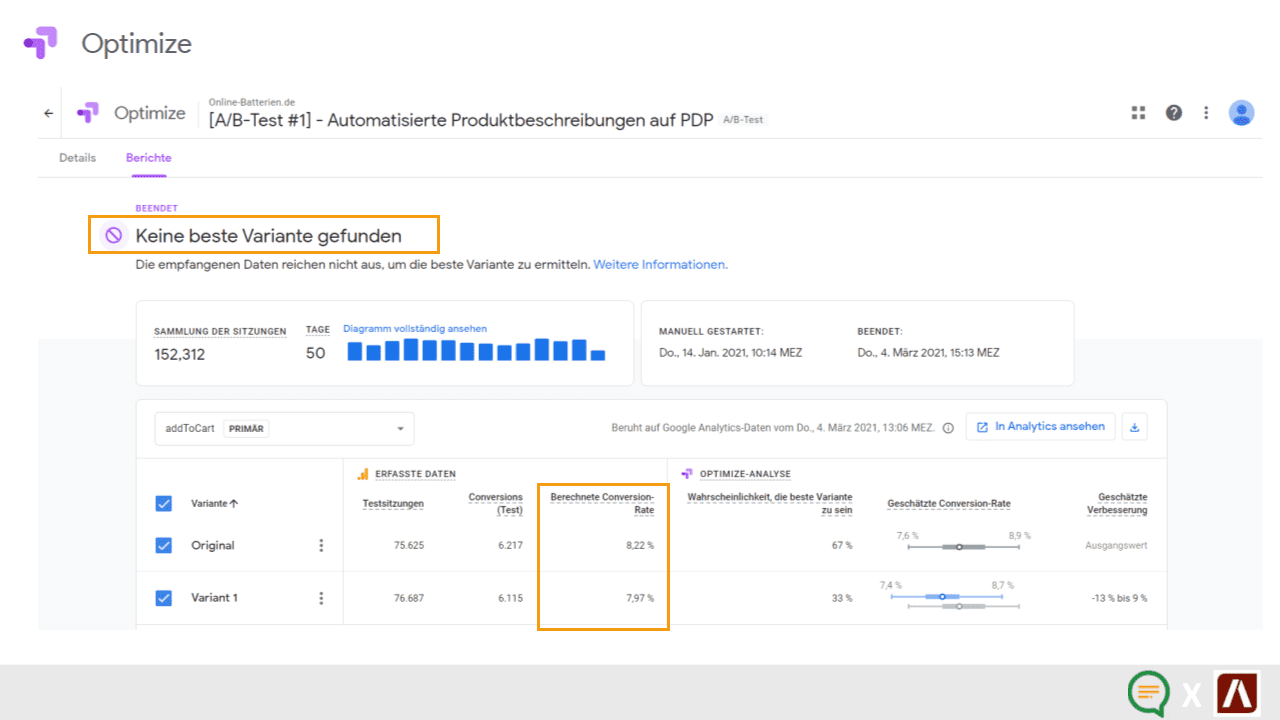
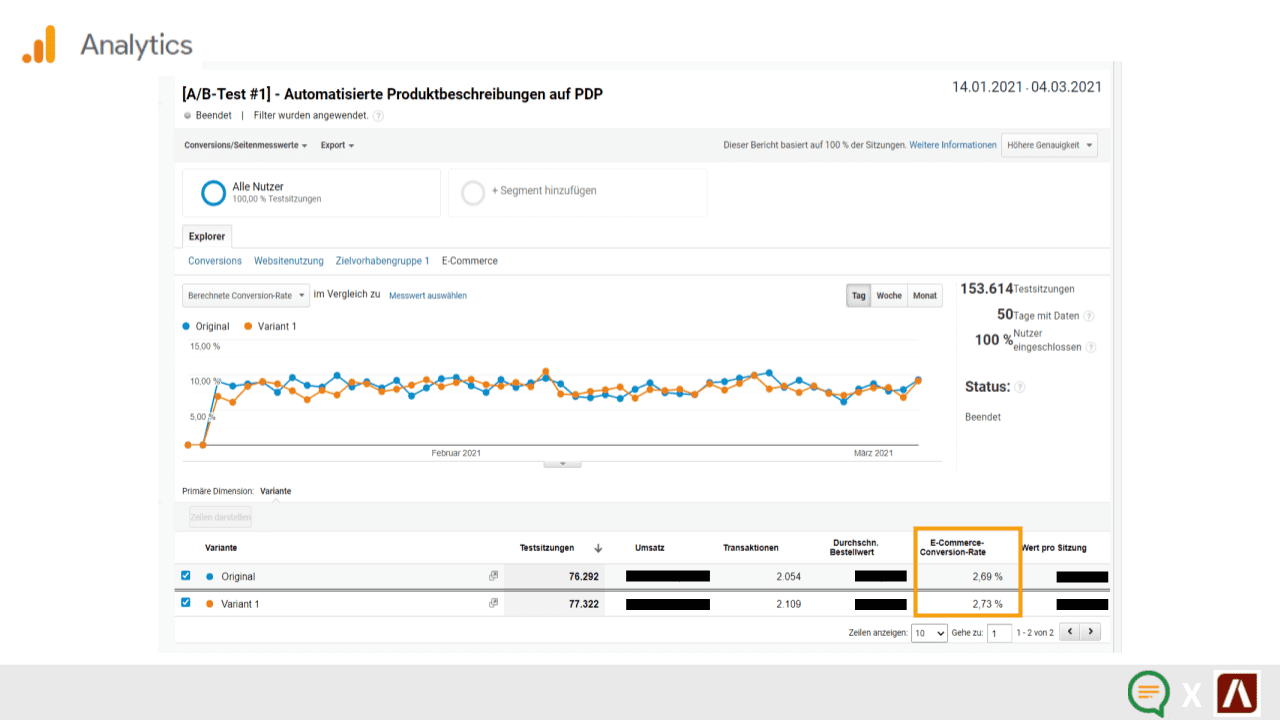
Which conclusion can AKKUSYS draw from this?
AKKUSYS is taking stock. While the costs for AX Semantics are significantly higher than a DeepL plugin, the accuracy of the content, the non-recurring instead of a continuous effort along with the fast updating and adding of (new) articles are compelling. AKKUSYS' bottom line is that with automation, the effort is lower, while the quality remains high and the performance is better.
The recording of the meetup can be viewed here:
Saim Alkan
Saim Rolf Alkan is Chief Executive Officer at AX Semantics and a pioneer in the field of automated content generation. After successfully working in content for years, he decided that businesses needed a better tool: one that would allow man and machine to work together to produce the volume of content needed to thrive in the digital age. Saim developed a content solution that generates high-quality texts from data in 110 languages for use in industries including e-commerce, publishing and finance. He is also a lecturer and speaker in the fields of online communication and "robot journalism" and has written several books and numerous articles.
